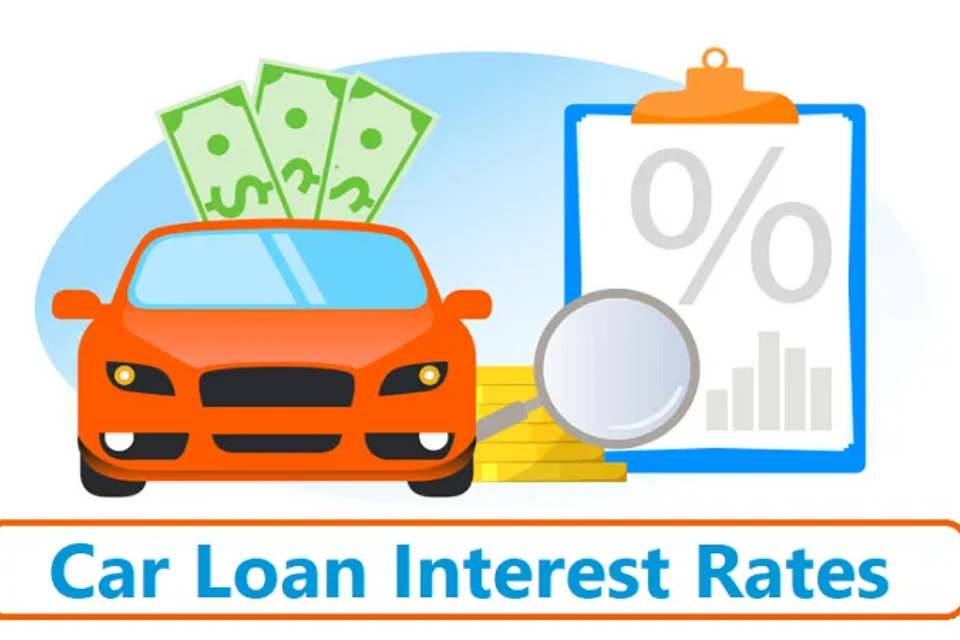When you take out a car loan, interest is the cost you pay to borrow money from the lender. You’ll need to repay the loan amount along with interest through monthly payments over the loan’s duration. Several factors, such as the calculation method, your credit scores, loan term, and down payment, can influence the interest rate you receive.
Calculation Methods for Car Loan Interest
Lenders calculate interest on car loans using either simple interest or precomputed interest. In a simple interest loan, the interest you pay each month is based on your loan balance on the payment due date. This means that the interest amount changes every month, and paying more than the minimum payment can reduce both the interest owed and the loan balance.
On the other hand, precomputed interest loans calculate the interest upfront based on the total loan amount. The principle and interest are then combined, and the total is divided by the number of months remaining in the loan period to arrive at the set monthly payment. With precomputed interest, the interest amount remains the same throughout the loan term, and making extra payments or paying off the loan early may not save as much on interest as with a simple interest loan.
Interest Rate vs. APR
When borrowing money, lenders express the cost in two ways: the interest rate and the annual percentage rate (APR). The interest rate is the annual percentage you pay to borrow money, while the APR includes the interest rate along with any additional loan fees. A higher APR, or interest rate, means that you’ll pay more until the loan is fully repaid.
Average Interest Rates on Car Loans
According to the Federal Reserve, the average interest rate on a 48-month new car loan was 5.21% in the first quarter of 2021, while a 60-month new car loan had an average rate of 4.96%. However, individual interest rates can vary based on factors like credit scores, down payment size, and loan term length. Your financial situation may result in a rate that is higher or lower than the average.
Factors Affecting Car Loan Interest Rates
Lenders determine the interest rate you qualify for based on factors such as credit scores and financial history. Some of the key factors that can influence your interest rate include:
- Credit Scores: Higher credit scores generally lead to lower interest rates, while lower scores may result in higher rates.
- Type of Lender: Credit unions often offer lower interest rates on car loans compared to traditional banks. Automakers’ finance companies may also run special promotions, such as 0% APR offers for borrowers with excellent credit.
- Loan Term Length: Longer loan terms may come with higher interest rates, and choosing a longer term can lead to paying more interest over the loan’s duration.
- Down payment: Because there is a higher chance of default when there is little to no down payment, lenders may charge higher rates.
- New vs. Used: Interest rates on used automobile loans are often higher than those on new car loans.
- Interest Rate Environment: Market factors determine how interest rates change. Rates are typically lower during economic downturns to promote borrowing, whereas higher rates may result from a robust economy.
Interest on a Car Loan Being Reduced
Consider the following tactics to reduce the impact of interest charges on your auto loan:
- Benefit from 0% APR: If the automaker offers special financing and you have excellent credit, you can be eligible for 0% APR for a short time.
- Early Repayment: With a simple interest loan, paying more than the minimum amount due each month or paying off the loan early will lower your interest costs.
- Select a Shorter Loan Term: While it could raise your monthly payments, choosing a loan with a shorter payback period minimizes the overall interest paid over time.
- Refinance: After obtaining a car loan, if interest rates decrease or your credit improves, refinancing may help you get a better deal and pay less in interest.
Future Steps
Use internet calculators if you require a car loan to comprehend how various interest rates can impact your monthly payment and the overall cost of the loan. Make careful comparisons and shop loan offer from various lenders. To make an informed choice and acquire the best bargain for your needs, pay attention to the entire loan term, not just the interest rate.
